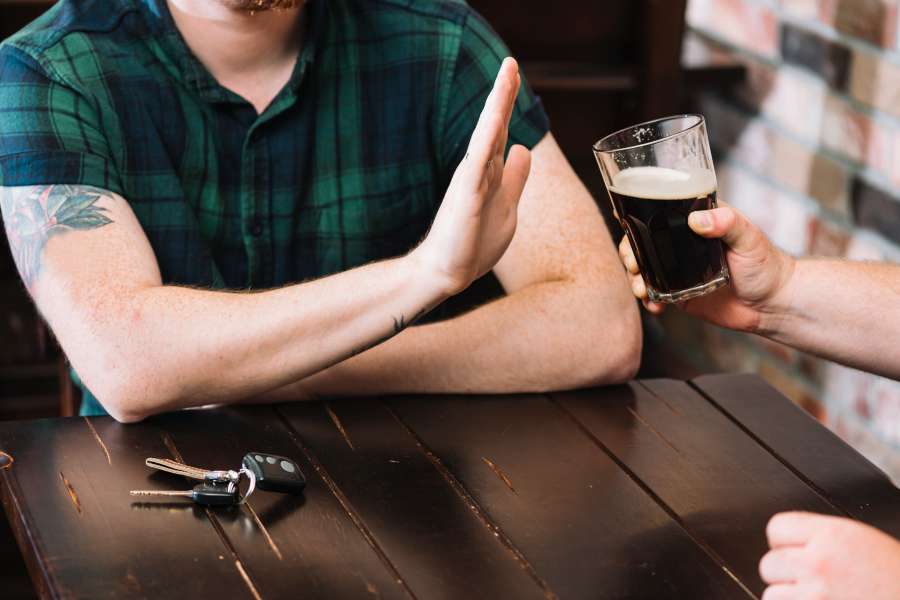We often see generational changes in society. It could be in the genre of music we listen to, the fashion, or even what type of job roles we aspire to have. And over the last decade, there’s been an interesting transition when it comes to booze.
While you can visit an alcohol detox clinic in Surrey or other counties surrounding London and you’ll see more and more people checking in, while you can also walk around the city after work and the pubs will be spilling out onto the street, there will generally be similar generations and, often, a lack of young people.
Drinking has been a rite of passage for young people for many years, but that’s changing, with those between 16 and 24 actually more likely to be teetotal than any other age group.
But why is that exactly? Why are youngsters shunning the booze?
Health and Wellness Awareness
The main reason is that, simply put, young people are far more health-conscious. Going to the gym is seen as more of a social activity, and there’s a growing focus on fitness, nutrition and, importantly, mental wellbeing.
For older generations, they would, and still do, turn to the pint glass to deal with problems, but young people are questioning the habits that don’t align with a healthy lifestyle. Alcohol, naturally, is high on that list.
Youngsters are far more aware of the links booze has to anxiety, depression and physical health issues like liver disease. That’s leading to them opting for alternatives that support their wellbeing rather than sabotaging it.
That’s further realised by social media. Influencers and podcasters have helped normalise the alcohol-free lifestyle, something that was missing a decade ago.
Changing Social Norms
Drinking used to be a social expectation. If you didn’t drink, you had to explain why. But attitudes are shifting, and not drinking is no longer seen as strange or antisocial. Many young people report feeling less peer pressure to drink than previous generations. In fact, some social circles now see moderation or sobriety as admirable, not boring.
The rise of sober social events, alcohol-free bars, and low-alcohol products means that socialising without alcohol is becoming not just acceptable, but appealing.
Financial Priorities
With the cost of living rising and many young people facing student debt, housing costs, and job insecurity, drinking simply isn’t a financial priority. Nights out are expensive, between drinks, travel, and late-night food, the costs add up fast.
Instead, many are opting for more budget-friendly social activities, such as coffee meetups, outdoor adventures, or nights in. Choosing not to drink is one easy way to cut unnecessary spending, especially when finances are tight.
Mental Health Matters
Young people today are more open than ever about mental health and more likely to seek support for issues like anxiety and depression. Many recognise that alcohol can exacerbate these problems, especially when used to cope with stress or social anxiety. The familiar pattern of drinking to relax, followed by hangovers and mood crashes, is losing its appeal.
Rather than masking emotions with alcohol, many young adults are turning to healthier coping mechanisms such as therapy, meditation, and exercise. Avoiding alcohol can be an intentional choice to support emotional resilience.
The Rise of the “Mindful Drinking” Movement
Movements like “Dry January”, “Sober October”, and “Club Soda” have helped rebrand sobriety, not as a sign of a problem, but as a lifestyle choice. These campaigns have made it easier for young people to question their relationship with alcohol without stigma or shame.
Mindful drinking promotes intentional choices about when and why to drink, rather than defaulting to alcohol in every social setting. This flexible, non-judgmental approach resonates with younger generations who value personal freedom, authenticity, and well-being.

